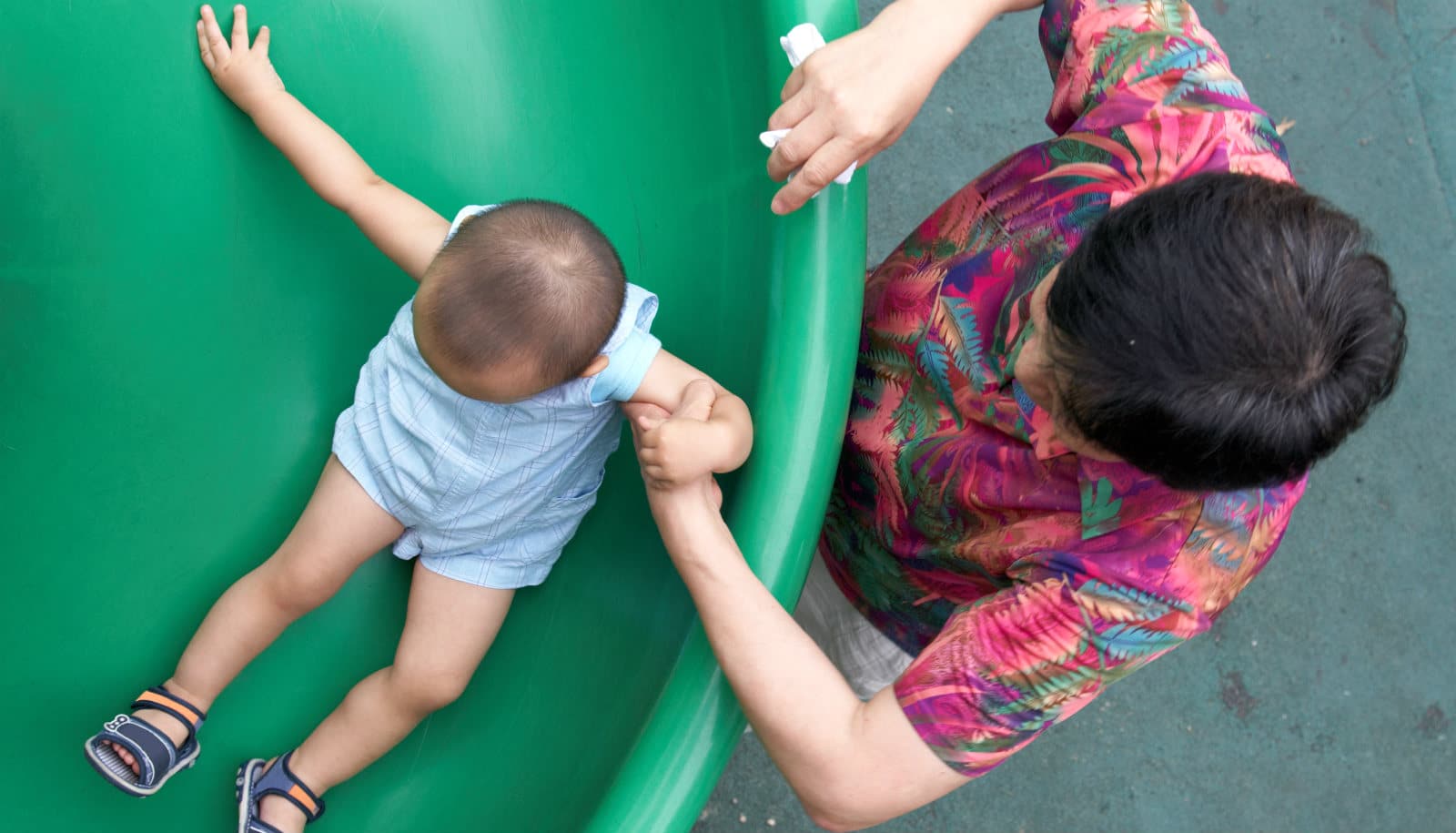Early detection is critical for improving treatment outcomes for children with autism spectrum disorder (ASD), but sometimes parents aren’t the first people to notice the signs.
A new study published in the journal Autism shows that children who have frequent interaction with grandparents or older siblings are diagnosed earlier with ASD. The study not only asked parents, but also friends and family members who had contact with the child about their early observations.
“…frequent interaction with a grandparent, and particularly a grandmother, was associated with earlier diagnosis.”
Parents reported that family members were integral catalysts in diagnosing children with ASD. Approximately 50 percent of friends and family reported that they suspected that a child had a serious condition before they were aware that either parent was concerned. Maternal grandmothers and teachers were those most likely to do so.
“Many parents avoid seeking help to find a diagnosis for their child, even though they sense something might be wrong,” says Nachum Sicherman, professor of business at Columbia Business School. “They often ignore signs of a larger problem and look the other way, making the role of close family members and friends vital to accelerating diagnosis and helping a child’s condition.”
Brain scans identify if baby sibling also has autism
Frequent interaction with a grandmother reduces the age of ASD diagnosis by 5.18 months, and frequent interaction with a grandfather reduces the age of diagnosis by 3.78 months.
While interactions with grandparents play an important role, family structure also impacts the age of diagnosis. Households with an only child are diagnosed with ASD on average six to eight months sooner than others. Additionally, the presence of older siblings, and especially being the youngest child, reduces the age of diagnosis by 9.5 to 10 months, compared with children who only have younger siblings.
Researchers say it may be because older children can serve as a reference point, helping parents calibrate whether younger siblings are on-target developmentally.
“We asked multiple friends and family members about the factors that may contribute to age of diagnosis of autism. We were troubled that about half of the friends and family who were concerned about a child were reluctant to share their concerns. Importantly, frequent interaction with a grandparent, and particularly a grandmother, was associated with earlier diagnosis,” says Joseph D. Buxbaum, professor of psychiatry, neuroscience, and genetics and genomic sciences at the Seaver Autism Center for Research and Treatment at Mt. Sinai.
We’re great at avoiding inconvenient info
“The study provides new evidence of the occurrence of information-avoidance, and of its consequences,” says George Loewenstein, professor of economics and psychology at Carnegie Mellon University.
In earlier research, Loewenstein examined information avoidance and documented an “ostrich effect” among investors, who are more likely to avoid looking up the value of their portfolio when the market is down.
The findings suggest there are opportunities to achieve an earlier diagnosis by tapping into wisdom from friends and family. Accelerating the age of diagnosis can have long-term effects on a child’s behavior and improve overall treatment, social behavior, and IQ.
Teresa Tavassoli of the Seaver Autism Center for Research and Treatment at Mt. Sinai also participated in the research. The Organization for Autism Research and the Seaver Foundation funded the work.
Source: Carnegie Mellon University



